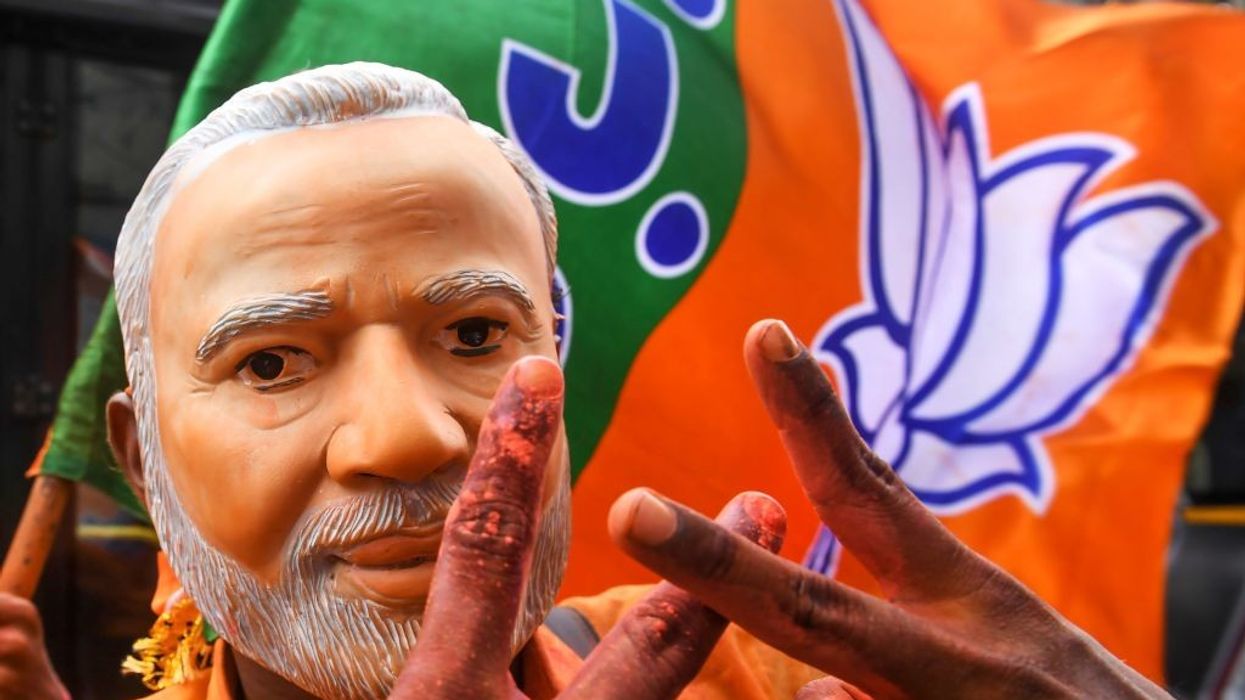AN academic conference in the United States addressing Hindu nationalism has come under the wrath of right-wing Hindu groups and the controversy has snowballed to the extent of the participants getting death threats and several scholars hounded out of the event.
The conference, titled Dismantling Global Hindutva, is co-sponsored by over 53 universities including Harvard, Stanford, Princeton and many others. It has faced a massive backlash after several outfits in India and the US have accused it of being “anti-Hindu”.
The aim of the three-day global academic event which started on Friday (10), is to bring together scholars to discuss Hindutva, also called Hindu nationalism, a right-wing movement which thinks India should be an ethnic Hindu state instead of a secular one.
In recent weeks, organisers of the conference alleged that far-right fringe groups have mobilised to attack those who have been invited at the conference to make a speech, thereby falsely characterising the discussion of the political ideology of Hindutva as an attack on Hinduism, the Guardian reported.
In a statement, the organisers said how the fringe groups have put immense pressure on the universities to back out from the conference and emphasised on the “sinister implications” of a “massive disinformation campaign”, the report added.
A number of participants have withdrawn from the conference fearing that it would see them getting banned from returning to their homes and families in India or arrested on return.
Several speakers and organisers involved with the event had had violent threats made against their family members. One speaker, for instance, said pictures of her children were posted online with captions such as “ur son will face a painful death”, the Guardian reported, adding that there were also casteist attacks. Many of the academics were even forced to file police cases after receiving death threats.
More than a million emails have been sent to presidents, provosts and officials at the universities that are involved in the conference, asking them to withdraw and dismiss staff members who were participating, alleging an organised campaign by groups in India and the US.
“We are deeply concerned that all of these lies, taken together, will be used to incarcerate those who speak at the conference, or worse, inflict bodily harm, up to murder, upon those associated with the conference,” the statement by the conference’s organisers said. “Due to the variety of the nature of these threats, several speakers have had to withdraw from participating in this conference over the past two to three days,” it added.
The Hindu Swayamsevak Sangh USA – a sister group of the Hindu rightwing Rashtriya Swayamsevak Sangh, an extremist nationalist organisation in India – urged all universities involved to withdraw support from the conference. They expressed “deep concern about the upcoming online event titled Dismantling Global Hindutva. We strongly condemn such events that amplify Hinduphobia, encourage Hindu hate, and incite violence against the minority Hindu population in the west.”
Hindu Janajagruti Samiti, an Indian organisation which has been accused in the past of being linked to the murders of intellectuals and journalists, wrote to Indian home minister Amit Shah seeking action to be taken against those taking part in the event.
Last week, over 900 academics from across the world and 50 organisations linked to south Asia issued a collective statement supporting the conference.




